A new bill heading to the U.S. Senate would unfairly increase taxes for accountants, doctors, lawyers, nurses, dentists, and others.
The legislative package, known as the “One Big Beautiful Bill,” would eliminate the state and local taxes (SALT) deduction for pass-through entities (PTEs) used by specified service trades and businesses (SSTBs) across the country.
By June 13, WICPA members, and all accounting professionals who will be impacted by this legislation, are strongly encouraged to call or email our senators, Tammy Baldwin and Ron Johnson, and urge them to preserve the existing PTET SALT deductions for all businesses. See the suggested message to use at the end of this article.
The WICPA echoes recommendations made by the American Institute of CPAs (AICPA) that would help ensure that the Senate version of the bill would not needlessly disadvantage certain taxpayers but would protect taxpayers, tax professionals and promote tax administrability. They include:
- Retain entity level deductibility of state and local taxes for all pass-through entities
Allow business entities, including SSTBs, to deduct SALT paid or accrued in carrying on a trade or business. This critical deduction for PTEs satisfies the original intent of the Tax Cuts & Jobs Act (TCJA), has been approved by the Internal Revenue Service (IRS) and is currently in effect. The bill, as passed by the House, unfairly targets SSTBs by severely limiting their ability to deduct SALT while allowing the deduction for non-SSTBs.
- Strike the contingency fee provision
Contingent fee arrangements were associated with many of the abuses in the Employee Retention Credit program; allowing contingent fee arrangements to be used in the preparation of the annual original income tax returns is an open invitation to abuse the tax system and leaves the IRS unable to sufficiently address this problem.
- Allow excess business loss carryforwards to offset business and nonbusiness income
The bill should be modified to remove the amendment to section 461(l)(2) that could effectively provide for a permanent disallowance of any business losses unless or until the taxpayer has other business income.
Among the provisions in the bill that the WICPA and AICPA support are:
- Allow section 529 plan funds to be used for post-secondary credential expenses.
- Provide tax relief for individuals and businesses affected by natural disasters, albeit not permanent.
- Make permanent the qualified business income (QBI) deduction, increase the QBI deduction percentage, and expand the QBI deduction limit phase-in range.
- Create new section 174A for expensing of domestic research and experimental expenditures and suspend required capitalization of such expenditures.
- Retain the current increased individual Alternative Minimum Tax exemption amounts.
- Preserve the cash method of accounting for tax purposes.
- Increase the Form 1099-K reporting threshold for third-party payment platforms.
- Make permanent the paid family leave tax credit.
- Provide greater certainty and clarity via permanent tax provisions, rather than sunset tax provisions.
Congress should continue to retain the ability for ALL pass-throughs, which make up the vast majority of businesses, to deduct entity-level state and local taxes at the federal level. Eliminating this deduction hurts millions of American job creators in order to provide corporations with extended benefits.
Learn more about the PTET SALT deductions in this PDF document. When you contact our senators, you’re welcome to use the following message from the AICPA, which the WICPA supports:
I urge you to oppose provisions included in the reconciliation legislation that unfairly targets the ability of service businesses structured as pass-through entities to deduct their state and local taxes (SALT) from their federal income while providing no such limit to other businesses. This legislation effectively discriminates against particular pass-through businesses by indirectly raising taxes on those entities that are considered the backbone of the American economy. These provisions greatly widen the disparity in treatment between pass-through entities and other kinds of businesses, and I strongly urge you to oppose these provisions of the bill.
